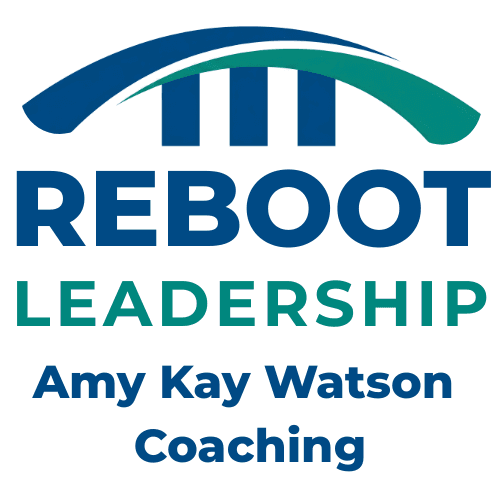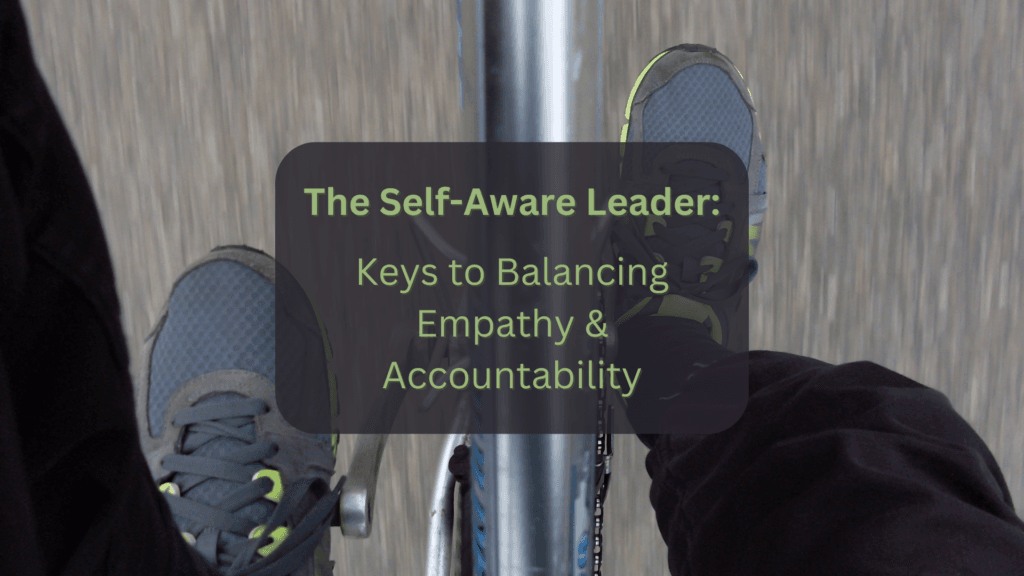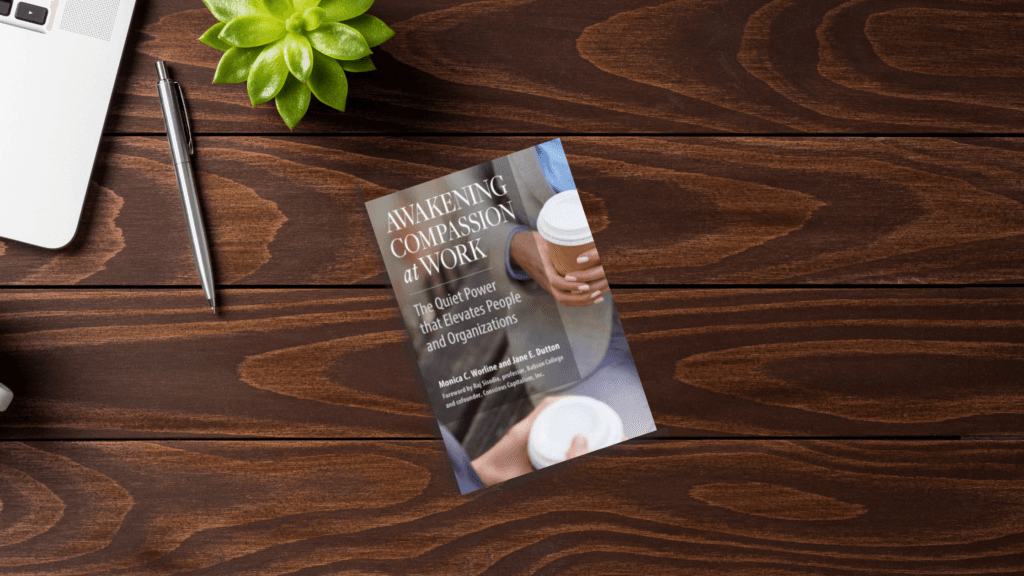This is one article in a series of three that are all about saying “NO” strategically. This one focuses on how to turn down a promotion that doesn’t fit your goals without sabotaging your career advancement. The other two center on (1) how to reclaim your time and energy when you’ve built your career on
Tag Archives: Emotional Intelligence
Forget “New Year, New Me.” You don’t need a new identity; you need a more reliable way to navigate the pressure you’re already under. The start of the year may inspire in leaders a wave of promises to be more present, more firm, or more in-tune with the team. Whether your reset button is January
In 2023, 42% of workers reported feeling burned out, a statistic that had climbed steadily since 2020. But for senior leaders, the problem isn’t just the number of people burning out; it’s the type of people we are losing. We are seeing seasoned veterans (the ones who usually “power through”) hitting a wall. For years,
You have a team member who isn’t delivering. They seem disengaged, self-interested, or perhaps they are actively dropping the ball. The instinct for most high-performing leaders is frustration. You look at the facts, the reality, and the obvious solution, and you wonder: Why won’t they just do the right thing? When you feel this frustration,
🔍 Summary:
Self-aware leaders balance empathy and accountability by noticing their reactions, pausing for perspective, and responding with clarity. This post outlines how to lead with both compassion and firmness—especially when performance is on the line.
Inspired by Dave Anderson’s article at Scarlet Ink. The Leadership Myth Whether we say it aloud or not, the intuitive wisdom about leadership (which clearly grew out of the machoism of the mid-twentieth century) is that tough leaders get ahead, but empathetic ones get ignored. It’s such old thinking that it feels instinctive: forceful personalities
Summary This article unpacks key findings from Why Empathetic Leadership Matters Now More Than Ever and explains how leaders can turn research into practical strategies for managing performance with empathy and accountability. Table of Contents Why Do People Care So Much About Empathy in Leadership? This article is about something you probably already know in
If you struggle to talk about your accomplishments without feeling uncomfortable, you’re in good company. For many professionals, self-promotion can feel like boasting, bragging, or stealing attention from others. But there’s a more generous way to think about it: valuable self-promotion lives at the intersection of empathy and accountability. It’s about making your contributions visible
Summary: Talking to HR about something that matters can feel risky—especially if you’re worried about being dismissed, misunderstood, or seen as “too emotional.” This guide helps you prepare for those conversations with clarity, strategy, and courage—so you can speak up without losing your voice. HR exists to protect the company, not necessarily you. That doesn’t
There is no excerpt because this is a protected post.











